( … ) this is the place where is found for the most part what men call Thought; for the blood round the heart is Thought in mankind.
Empedocles, (490 BC - 430 BC)
I’ve had a tragic problem with Empedocles’ ideas since my first menstruation. Do you see why?
Are they important thoughts those being lost on a monthly basis? Is it knowledge flowing out, unstoppable? Is this Reason, the red viscosity dripping between my legs?
When I suffered from purpura, my skin was covered by thousands of little red dots. Bleeding under the skin, an ugly ecchymosed body. To check my level of platelets, they would draw blood everyday at the hospital, mostly pricking my finger to get a drop on a small glass plate. As they topped it with a second plate, the blood would spread into a flat shape with irregular contours, never the same design. I watched the new pattern made by my blood every time, to read its meaning.
When later, in high school, I became acquainted with Empedocles’ writing, I was ready to relate to it.
Unsurprisingly, I had extremely painful periods, enough to keep me curled up in bed, moaning for a day or two. A sword I would have heroically planted in my abdomen to perform hara-kiri wouldn’t have hurt less. But the danger didn’t lay in the physical punishment. It was the emotional turmoil that posed the trickiest challenge.
It’s a smart nurse who helped me out. She noticed this teenage girl being brought in by ambulance at relatively regular intervals with her stomach full of pills, or her wrists slashed. She brilliantly thought of correlating these visits to the emergency room with the dates of the girl’s menstrual cycle. It was a perfect match.
Her theory was that on those days, I exercised less control on my mental state, barriers fell, I was exposed, my endurance indisposed, energy swallowed by some punctual stress.
It didn’t contradict at all Empedocles’ view. Short of thoughts when blood oozed out, I became indeed vulnerable, precariously dumber, lacking the quixotic whirls of my intelligence. My reason absorbed by a sanitary napkin.
Empedocles did write: “The intelligence of Man grows towards the material that is present.” A truly awful verdict.
I discuss this now because I want you to know that menopause has been the most liberating event of my life.
I can now retain the entirety of my intellectual resources.
If I’m to bleed today, I can see the wound and watch it heal. It’s no longer an ontological one promising me the fate of a brain-dead. The mind metabolized by porous tampons.
You see, I was never able to pretend, like many well-educated people, that faith in Reason is enough to keep one afloat. For I know that faith has nothing to do with Reason. Carried by strict ethics, I can’t, in all honesty, use what contradicts rationality to lay my claim onto it.
As a teenager, I therefore had no faith whatsoever in Reason. I just stood alone by my peculiar rigor, watching to see if Reason would choose once again to defect or not. And when ineluctably it did, the hopelessness that rose was of a mad, reckless kind, churning its violence against faith - a separate, independent, completely different issue. With thoughts long gone.
Happily I've discovered a few years ago that I'm built to be old, although, true, I often came close to not making it.
And I'll tell you a real thought: These monthly battles were never won by the intervention of pure Reason. So many strangers like that nurse had, by its very definition, an unexplainable faith leading them to come forward and speak to me. So often. So many times. Always there. To gently pull me up.
Let’s wonder then how our philosopher, this un-bleeder, felt when he jumped into the crater of Mount Etna to prove his immortality. Yeah, smile, little one.
He only showed faith to be a more powerful master than Reason, period. Or no period, certainly not making him any wiser.
We play, as a last resort, with the gestures of death never, of course, to live forever, but to stop from doing so all those undesirable people who’ve managed to inhabit us. And when in the process we end up hurting ourselves, it’s really a matter of mistaken identity - if the lights blink, for a fraction of a second (that's all it takes), it can really get dark down there, and we do run the risk of zeroing the wrong target.
Your Laolao
Empedocles, (490 BC - 430 BC)
I’ve had a tragic problem with Empedocles’ ideas since my first menstruation. Do you see why?
Are they important thoughts those being lost on a monthly basis? Is it knowledge flowing out, unstoppable? Is this Reason, the red viscosity dripping between my legs?
When I suffered from purpura, my skin was covered by thousands of little red dots. Bleeding under the skin, an ugly ecchymosed body. To check my level of platelets, they would draw blood everyday at the hospital, mostly pricking my finger to get a drop on a small glass plate. As they topped it with a second plate, the blood would spread into a flat shape with irregular contours, never the same design. I watched the new pattern made by my blood every time, to read its meaning.
When later, in high school, I became acquainted with Empedocles’ writing, I was ready to relate to it.
Unsurprisingly, I had extremely painful periods, enough to keep me curled up in bed, moaning for a day or two. A sword I would have heroically planted in my abdomen to perform hara-kiri wouldn’t have hurt less. But the danger didn’t lay in the physical punishment. It was the emotional turmoil that posed the trickiest challenge.
It’s a smart nurse who helped me out. She noticed this teenage girl being brought in by ambulance at relatively regular intervals with her stomach full of pills, or her wrists slashed. She brilliantly thought of correlating these visits to the emergency room with the dates of the girl’s menstrual cycle. It was a perfect match.
Her theory was that on those days, I exercised less control on my mental state, barriers fell, I was exposed, my endurance indisposed, energy swallowed by some punctual stress.
It didn’t contradict at all Empedocles’ view. Short of thoughts when blood oozed out, I became indeed vulnerable, precariously dumber, lacking the quixotic whirls of my intelligence. My reason absorbed by a sanitary napkin.
Empedocles did write: “The intelligence of Man grows towards the material that is present.” A truly awful verdict.
I discuss this now because I want you to know that menopause has been the most liberating event of my life.
I can now retain the entirety of my intellectual resources.
If I’m to bleed today, I can see the wound and watch it heal. It’s no longer an ontological one promising me the fate of a brain-dead. The mind metabolized by porous tampons.
You see, I was never able to pretend, like many well-educated people, that faith in Reason is enough to keep one afloat. For I know that faith has nothing to do with Reason. Carried by strict ethics, I can’t, in all honesty, use what contradicts rationality to lay my claim onto it.
As a teenager, I therefore had no faith whatsoever in Reason. I just stood alone by my peculiar rigor, watching to see if Reason would choose once again to defect or not. And when ineluctably it did, the hopelessness that rose was of a mad, reckless kind, churning its violence against faith - a separate, independent, completely different issue. With thoughts long gone.
Happily I've discovered a few years ago that I'm built to be old, although, true, I often came close to not making it.
And I'll tell you a real thought: These monthly battles were never won by the intervention of pure Reason. So many strangers like that nurse had, by its very definition, an unexplainable faith leading them to come forward and speak to me. So often. So many times. Always there. To gently pull me up.
Let’s wonder then how our philosopher, this un-bleeder, felt when he jumped into the crater of Mount Etna to prove his immortality. Yeah, smile, little one.
He only showed faith to be a more powerful master than Reason, period. Or no period, certainly not making him any wiser.
We play, as a last resort, with the gestures of death never, of course, to live forever, but to stop from doing so all those undesirable people who’ve managed to inhabit us. And when in the process we end up hurting ourselves, it’s really a matter of mistaken identity - if the lights blink, for a fraction of a second (that's all it takes), it can really get dark down there, and we do run the risk of zeroing the wrong target.
Your Laolao



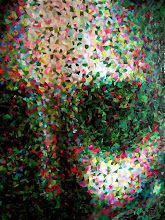
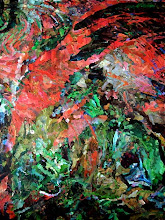
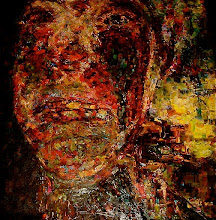
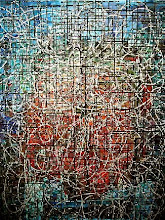
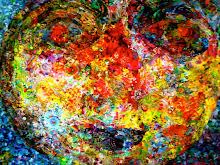
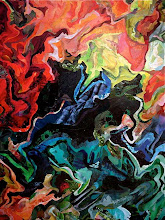
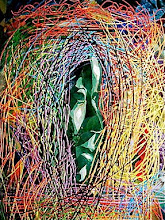


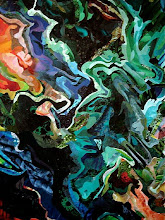
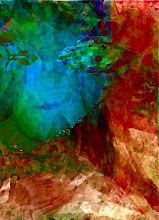.jpg)
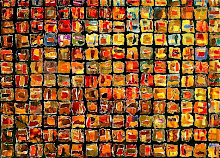
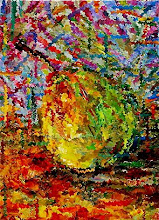
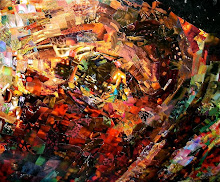

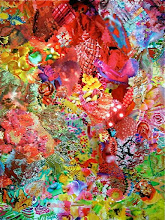
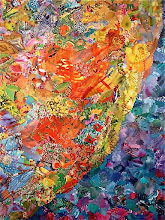
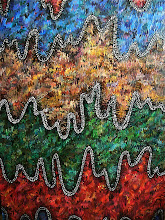
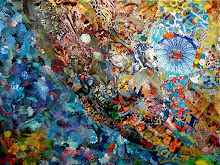

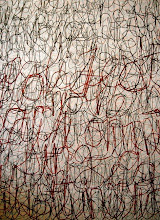
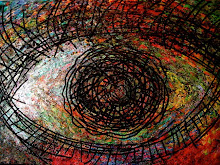
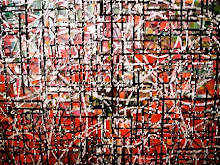

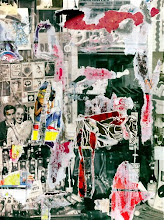
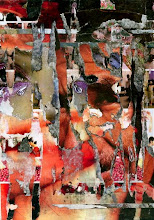
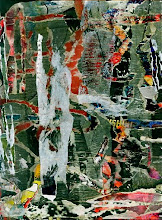
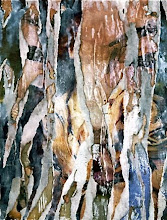


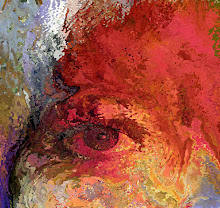
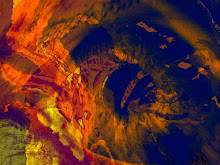
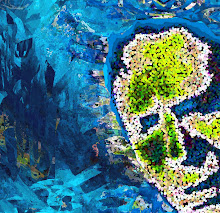
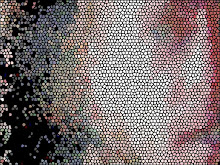.jpg)
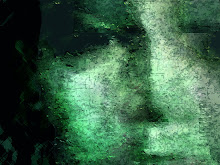
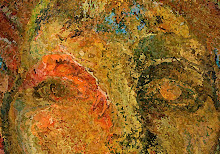
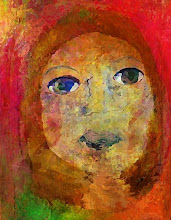.jpg)
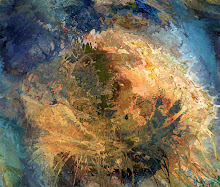
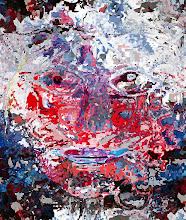
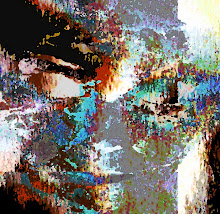
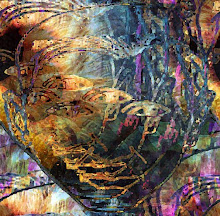


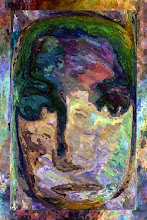photo+album).jpg)
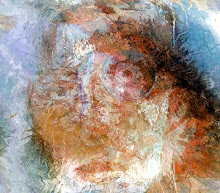.jpg)
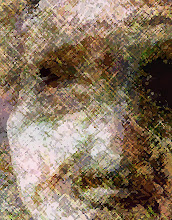
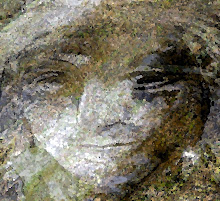
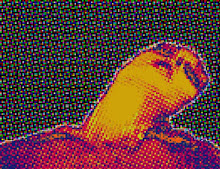
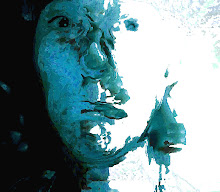
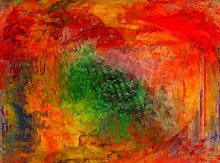





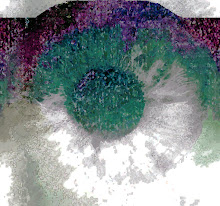
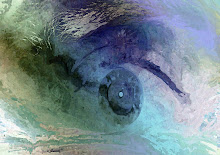

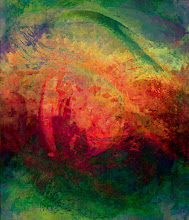

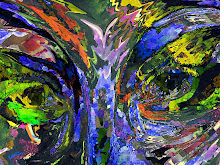
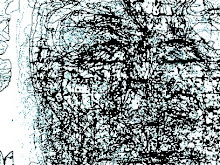.jpg)
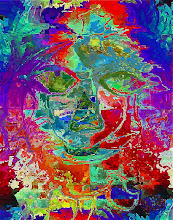

No comments:
Post a Comment